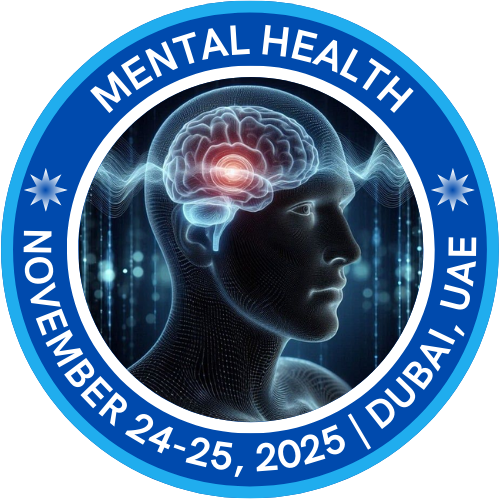We warmly welcome you to the International Conference on Yoga, Medicine and Mental Health, scheduled to be held on November 24, 2025, in the dynamic city of Dubai, UAE. This prestigious event brings together a global community of mental health professionals, researchers, clinicians, educators, and advocates to exchange knowledge, share innovative ideas, and explore collaborative strategies to advance mental health care and well-being. Under the theme “Integrating Yoga and Medicine for Mental Wellness” the conference aims to inspire dialogue, promote research, and foster partnerships that address mental health challenges worldwide. We are delighted to have you join us on this meaningful journey toward building a healthier, more compassionate future for individuals and communities across the globe.
Mental health is a vital component of overall well-being, encompassing our emotional, psychological, and social functioning. It influences how we think, feel, and behave, and plays a crucial role in determining how we handle stress, relate to others, and make choices throughout our lives. Mental health is not merely the absence of mental illness; it is the presence of positive characteristics such as emotional resilience, self-esteem, strong relationships, and a sense of purpose. Conditions such as depression, anxiety, bipolar disorder, schizophrenia, and post-traumatic stress disorder (PTSD) are common examples of mental health challenges that affect millions of people globally, cutting across all ages, genders, cultures, and socioeconomic statuses. Despite growing awareness, mental health continues to be stigmatized in many parts of the world, often preventing individuals from seeking the help they need. The consequences of untreated mental health issues can be severe, impacting physical health, productivity, relationships, and overall quality of life. However, with the right support systems including early intervention, accessible care, therapy, medication, community support, and lifestyle changes individuals can manage their mental health effectively and lead fulfilling lives. Promoting mental health requires collective efforts from families, schools, workplaces, governments, and communities to build inclusive environments that prioritize emotional well-being, foster open conversations, and offer timely professional support.

It’s better to choose the Yoga, Medicine and Mental Health Market Analysis Report. The global mental health market is experiencing rapid growth, driven by increasing awareness, rising mental health disorders, and widespread adoption of digital health technologies. Valued at approximately USD 400 billion in 2023, it is projected to reach over USD 560 billion by 2030, growing at a CAGR of 5.4%. Factors such as the de-stigmatization of mental illness, increased investment in mental wellness by employers, and government-led initiatives to improve access to care are key contributors to this expansion. Additionally, the integration of teletherapy, mental health apps, AI-driven diagnostics, and mobile interventions is revolutionizing how care is delivered. With a surge in demand from younger demographics and a growing focus on workplace mental health, regions like North America and Europe lead the market, while Asia-Pacific is the fastest-growing due to rising awareness and healthcare reforms. The future of mental health care lies in proactive, personalized, and tech-driven approaches that ensure accessibility, affordability, and inclusivity for all.